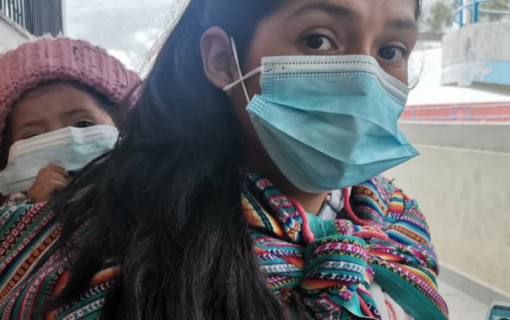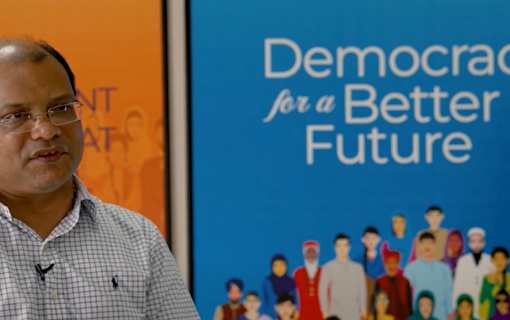Republic of Estonia: An Assessment of the Election to the Riigikogu and the Presidency, September 16-24, 1992
EXECUTIVE SUMMARY
The International Foundation for Electoral Systems' (IFES) technical team present in Estonia for the September 20, 1992, elections determined that the elections in the areas visited by the team were credible and free from major irregularities.
Forty-eight polling sites were visited in Kloogaranna, Paldiski, Keila, Rummu, Arukula, Juri, Padise, Seljakula, Linnamae, Purski, Soderby, Hullo, Kersleti, Haapsalu, Palivere, Risti, Riisipere, Laagri, Raasiku, Kehra, Kuusalu, Haljala, Aseri, Kohtla-Jarve, Kivioli, Rakvere and throughout Tallinn.
Minor infractions resulted from inexperience with multi-party elections and a new election system. Minor irregularities included instances of more than one person voting in a booth and failure of some voters to keep their vote secret.
Other items of note included a long "preliminary" voting period of two weeks before September 20 which may have led to concerns about ballot security among members of the electorate. There was also a lack of standardization· of election materials and methods of vote counting.
There was some irritation on the part of the voters and embarrassment from polling site officials at incomplete voter lists and ensuing difficulties. However, arrangements were made at the vast majority of polling sites outside Tallinn for a representative of the citizenship authority to be present to make rulings on citizenship and place late registrants on the list. When making decisions on citizenship, officials appeared to be operating with limited information with regard to regulations, but to be fulfilling their duties in good faith.
In Tallinn, where staff and facilities were under more pressure, late registrants with questions regarding citizenship were required to visit district-level citizenship authorities and then return to the polls. Two of the district level commissions observed in Tallinn were coping, but clearly operating under some strain.
Despite these minor difficulties, the elections were conducted in an atmosphere of calmness, openness and cooperation. The tension expected by many in the international community between Estonian citizens and the large number of Russian-speaking noncitizens before the election and on election day was not visible. Interviews with Estonian politicians and officials, representatives of the Russian-speaking community and the Ambassador Extraordinary and Plenipotentiary of the Russian Federation demonstrated the desire to avoid confrontation and a willingness to explore possible solutions was widely held.
The September 20, 1992 parliamentary and presidential elections were an important step in the process of rebuilding democratic institutions in Estonia. A number of administrative hurdles, which are addressed in this report, still exist.
Though a fair and credible election process is of paramount importance to any true democracy, the process itself must be supported by the underpinnings of an informed and active electorate and civil society. Estonia, ahead of some of its neighbors, has already made progress in this arena. However, it would be well served by continuing emphasis on the development of civil society to encourage the participation in political life of youth, women and all residents and citizens of Estonia.
Read the Full Text.









